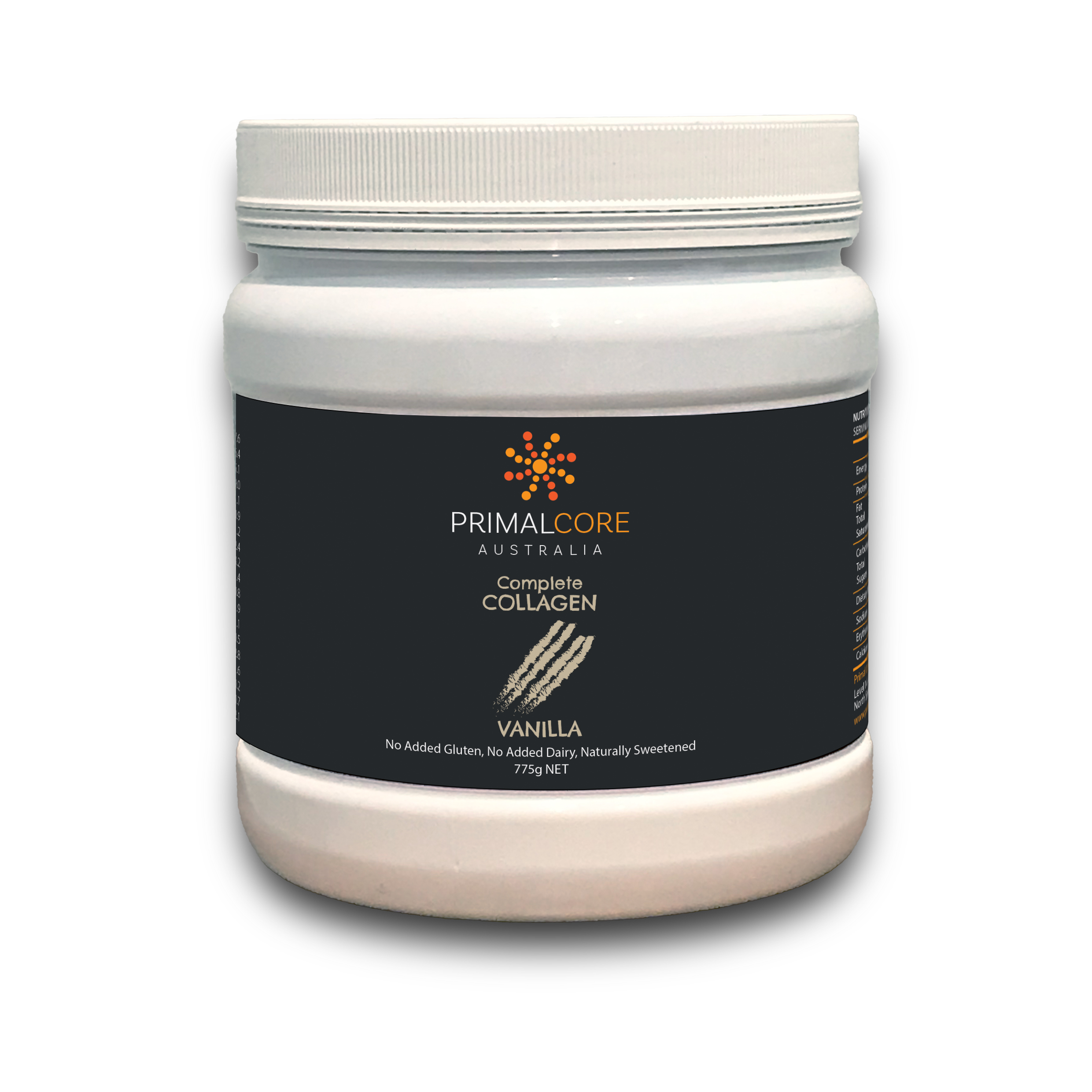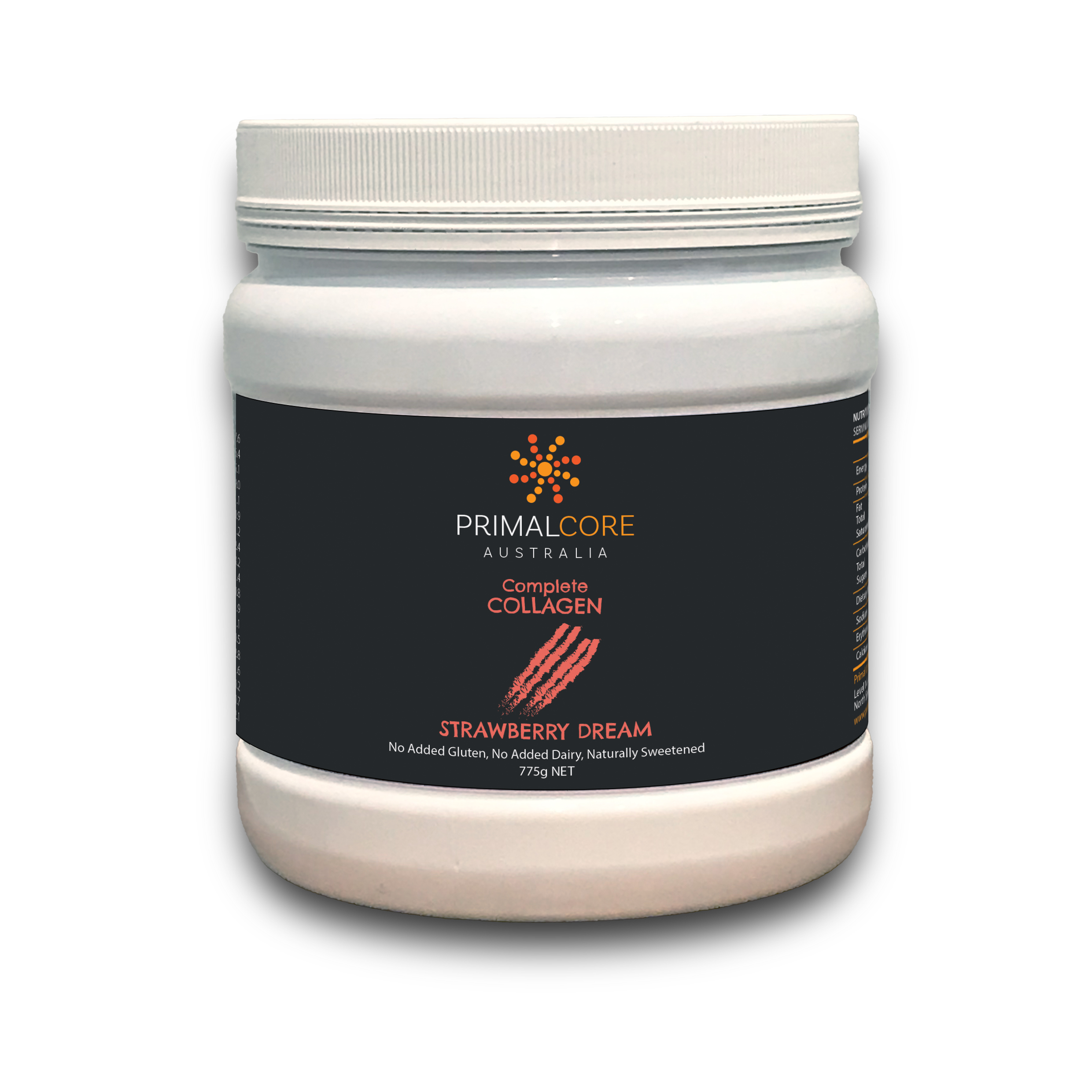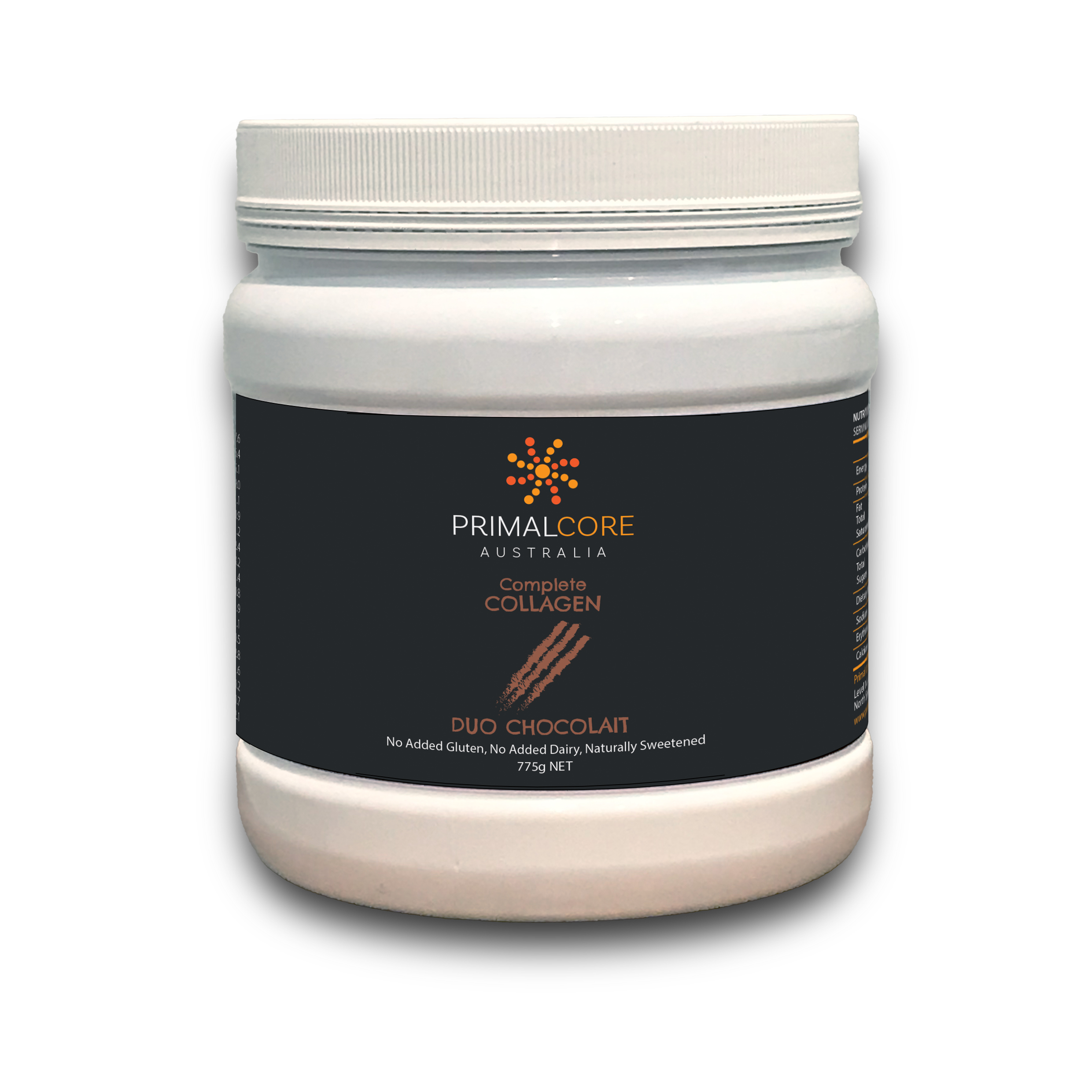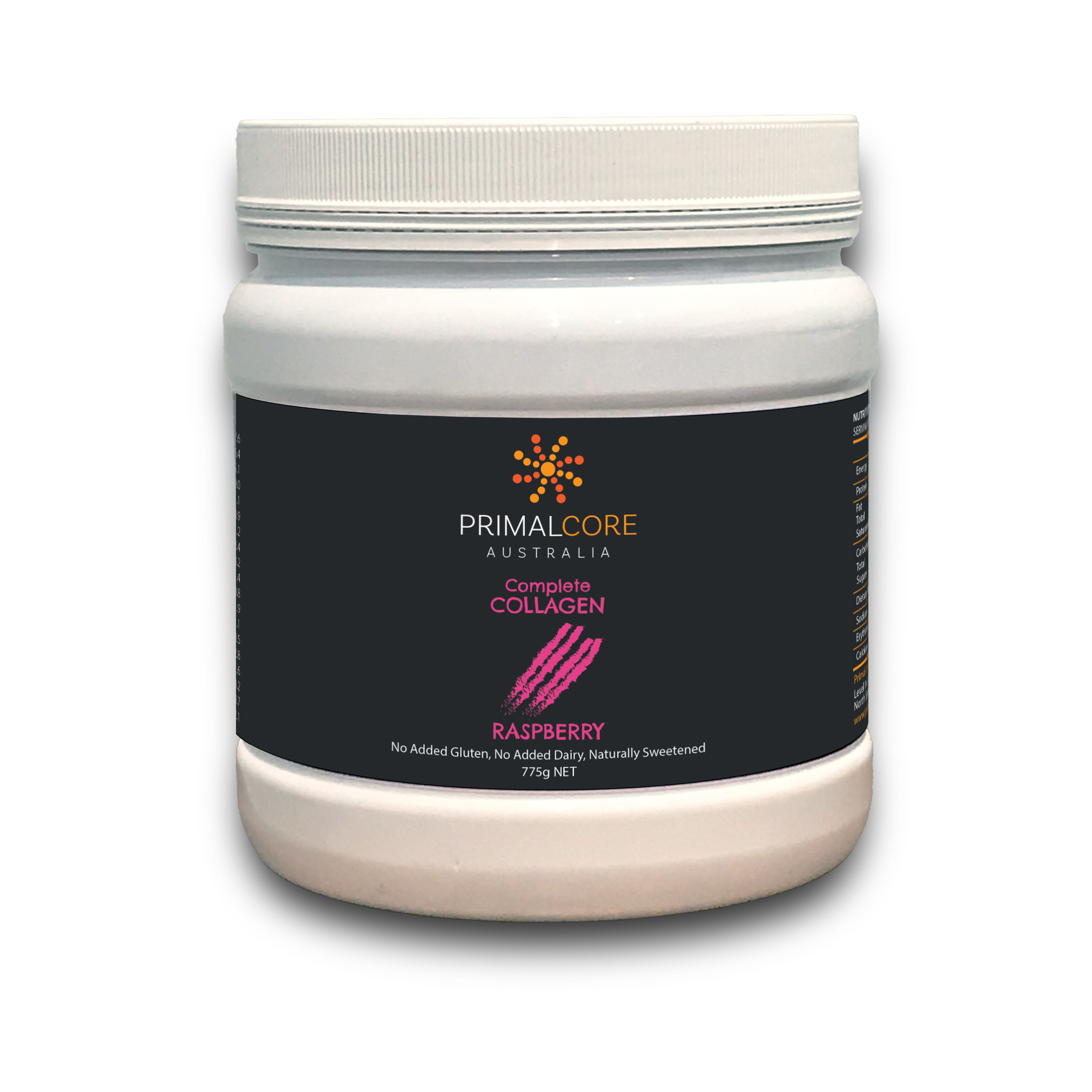Collagen, General Health
Fibromyalgia
Fibromyalgia – What is it and what can we do about it?
How do you explain to someone what it feels like to have Fibromyalgia? How can an outsider have true compassion when they are unable to comprehend what you mean when you say, ” My body hurts so bad “.
Do you see the blank stares? It’s understandable really, because how can someone really know what it feels like if they don’t suffer this condition.
The best way to describe how Fibromyalgia really feels day in and day out needs to be explained in very simple terms.
“You know that feeling when your body aches, your muscles are sore, alongside side the heavy groggy and congested head and like you have been hit by a bus, or when you have a really bad case of the flu and cannot get out of bed?? Well imagine that feeling is 24/7 nonstop with varying intensity without the runny nose!
Welcome to Fibromyalgia.
Let see what the experts say though about Fibromyalgia below :
Fibromyalgia is a condition that affects your bones, muscles and CNS (central nervous system) causing widespread muscle, joint pain and fatigue. It’s a sneaky and often misunderstood disease and is also misdiagnosed.
There is no cure at this stage and no definitive blood test to diagnose Fibromyalgia, and doctors are unsure of what actually causes it. However, the medical community think the problem lies with how the brain and spinal cord process pain signals from the nerves.
Do you suffer any of the following symptoms documented by Webmd.com
- Muscle pain, burning, twitching, or tightness
- Tender points
- Chronic debilitating fatigue
- Fibro Fog or Brain Fog
- Insomnia
- Depression or anxiety
- Numbness or tingling in your face, arms, hands, legs, or feet
- Needing to urinate more often
- Headaches
- Sensitivity to cold, heat, light or sound
If this post resonates with you and you feel you identify with the above symptoms, please visit your doctor so they can rule out any other conditions which may also have similar symptoms.
When faced with this condition is we have to be proactive and research. Learn effective ways to manage this condition and improve your quality of life and once again lead an active lifestyle.
The following treatment plan may improve your life significantly.
- Engaging in progressive exercise
- Weekly massages to loosen up the muscles especially as the cold weather causes muscles to contract
- Addressing and testing for any vitamin or mineral deficiencies that can exacerbate your symptoms and an integrative Gp, nutritionist, or functional practitioner
- Eating a nutritious and varied diet and limiting sugar as much as possible
I personally found for myself that a paleo diet has helped me considerably, but this is a personal choice after much personal research.
Trying complementary therapies, seeking a counsellor or therapist if you are struggling emotionally and joining a support group in your area or on facebook is a great way to connect with others on the same journey.
Lastly as few studies have been done and references are below that show that people with Fibromyalgia saw moderate to significant improvement with daily collagen supplement intake and results were measured after 90 days. Collagen in our body decreases as we age and needs to be replenished to fight the signs of aging, aches and pains.
Our collagen booster shots contain no fillers, thickeners, or additives and may help you in the fight against fibromyalgia.
This information contained in this blog is not intended to diagnose or cure so please see your doctor for further testing.
References:
https://www.ncbi.nlm.nih.gov/pubmed/11202824




